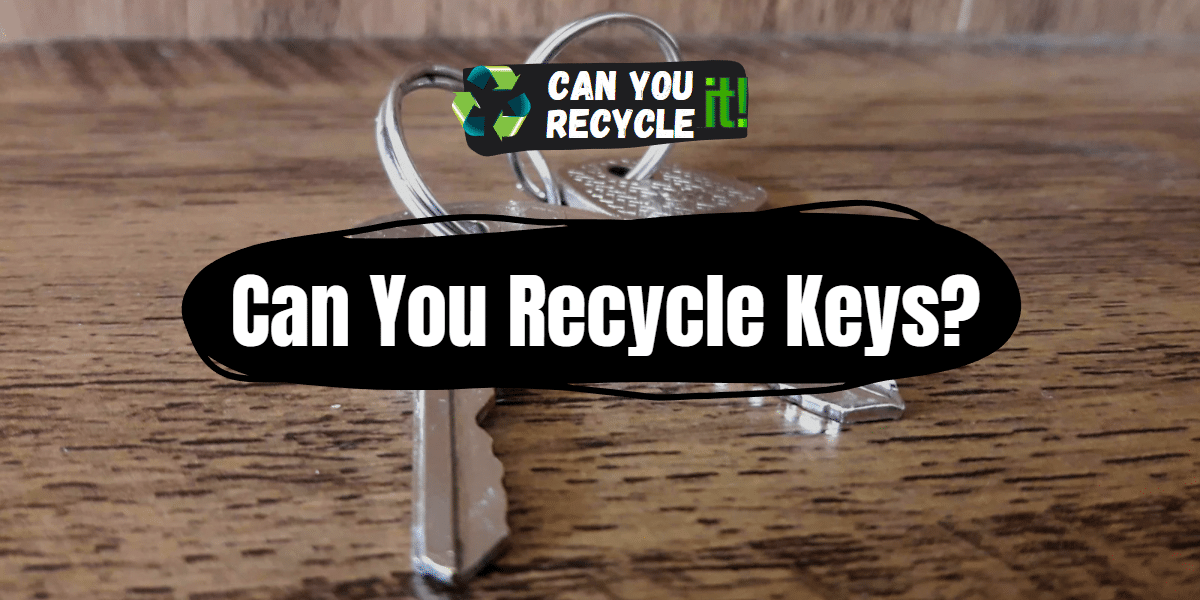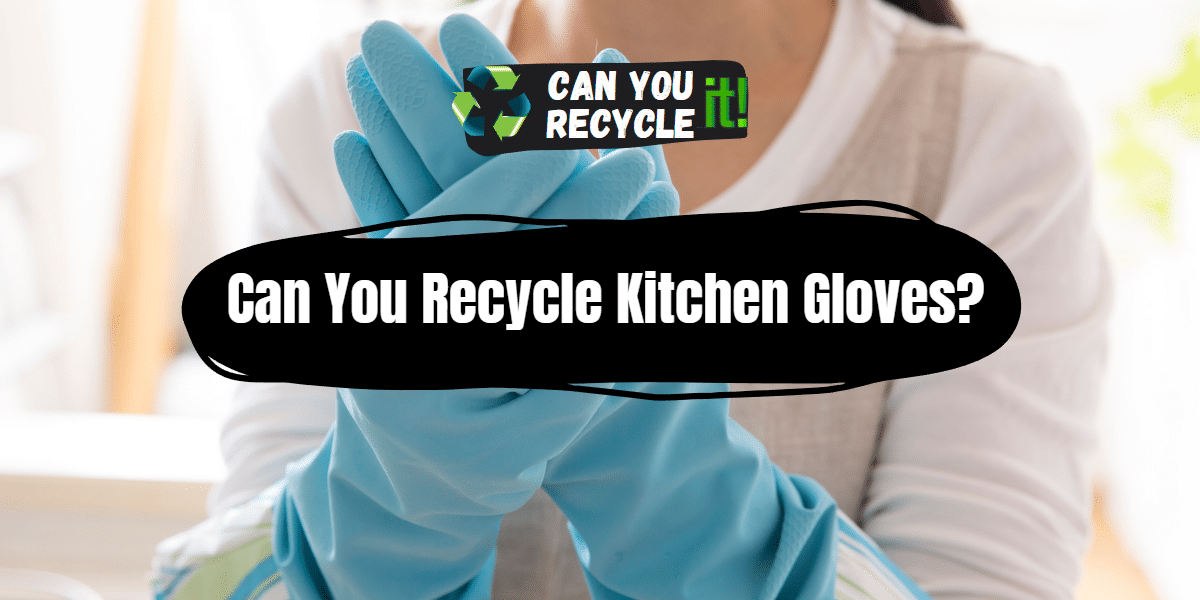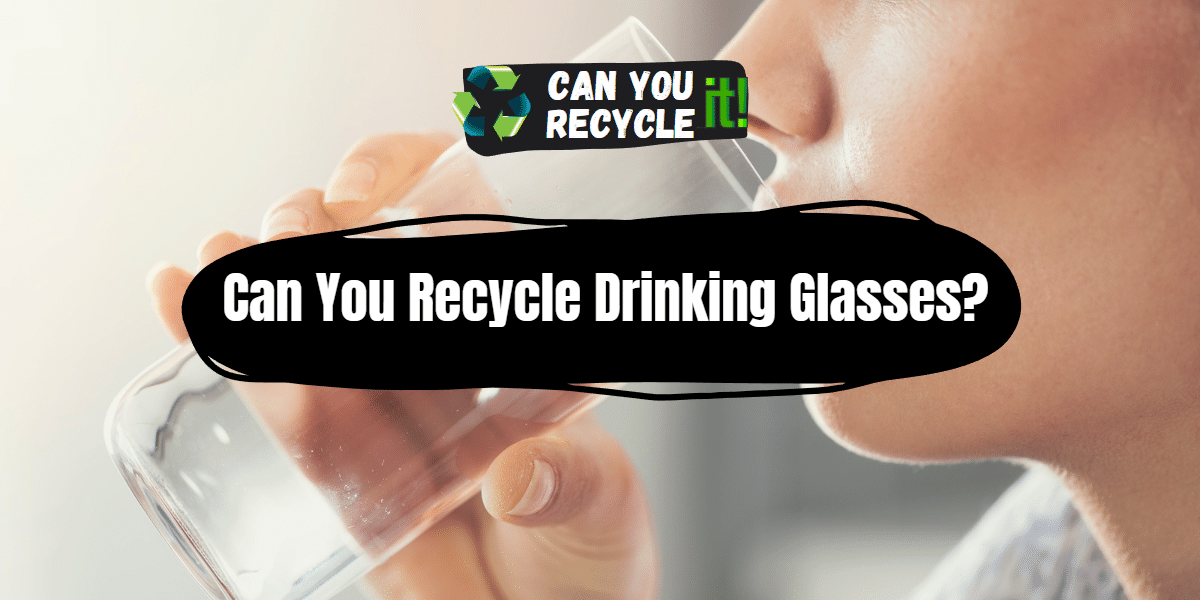The answer to the question, “Can you recycle keys?” is not a simple yes or no. Keys are typically made of metal, which is a highly recyclable material.
However, there are a few factors that determine whether keys can be recycled or not. The primary consideration is the type of metal used in the keys. Keys made of common metals like brass, aluminum, or steel can usually be recycled. On the other hand, recycling facilities may not accept keys made of certain alloys or containing non-metal components. It’s best to check with your local recycling center to see if they accept keys for recycling.
Keys are a ubiquitous part of our daily lives. We use them to secure our homes, offices, vehicles, and personal belongings. Over time, keys can become worn out, lost, or simply obsolete. Many people wonder if keys can be recycled when faced with these situations. In this article, we will explore the topic of crucial recycling in detail. We will discuss the dos and don’ts, how to prepare keys for recycling, what to do with keys that cannot be recycled, the environmental impact of crucial recycling, frequently asked questions, and provide some final thoughts on the matter.
Table of Contents
Do’s and Don’ts
When it comes to recycling keys, there are a few dos and don’ts to keep in mind:
Dos
- Separate keys from keychains: Before recycling, remove keys from any attached keychains, as they may be made of non-recyclable materials.
- Check with your local recycling center: Contact your local recycling center or municipality to find out if they accept keys for recycling and if there are any specific guidelines to follow.
- Remove non-metal components: If your keys have rubber or plastic parts, try to remove them before recycling. These components are often not recyclable and can contaminate the recycling process.
Don’ts
- Throw keys in the regular trash: Even if keys are not accepted for recycling in your area, it’s important not to toss them in the regular trash. Keys can end up in landfills, which can take a long time to decompose and potentially harm the environment.
- Put keys in single-stream recycling bins: Keys are minor and can get lost or tangled in the sorting process of single-stream recycling. It’s best to recycle keys separately or follow the guidelines provided by your local recycling center.
5-Step Guide to Recycle Recycle Keys
If your keys are eligible for recycling, here’s a step-by-step guide to help you prepare them:
Step 1
Remove non-metal components: If your keys have any non-metal components, such as rubber or plastic covers, carefully remove them. These components can interfere with recycling and should be disposed of separately.
Step 2
Clean the keys: Before recycling, make sure to clean the keys to remove any dirt, grime, or other substances. A mild detergent or soap and water should be sufficient for this purpose.
Step 3
Sort and separate: If you have multiple keys made of different metals, sort and separate them accordingly. Keys made of the same metal can be grouped together to streamline the recycling process.
Step 4
Find a recycling facility: Check with your local recycling center or municipality to find out where you can take your keys for recycling. They will provide you with the necessary information on drop-off locations and any specific requirements.
Step 5
Recycle responsibly: Take your keys to the designated recycling facility and follow the instructions provided. Ensure that you dispose of the keys in the appropriate bins or containers.
What to Do with Keys That Cannot Be Recycled
In some cases, certain types of keys may not be accepted for recycling. If you find yourself with keys that cannot be recycled, consider alternative options to reduce waste and minimize their environmental impact:
- Donate: If the keys are still in usable condition, consider donating them to local charities, schools, or community centers. Keys can be repurposed for arts and crafts projects or as spare keys for needy organizations.
- Repurpose: Get creative and find new uses for old keys. They can be turned into unique jewelry, decorative pieces, or incorporated into DIY projects.
- Upcycle: If you have a knack for craftsmanship, upcycle the keys by transforming them into functional items such as bottle openers, hooks, or keychains.
- Proper disposal: If all else fails, dispose of the keys responsibly by placing them in the regular trash. While this is not the most environmentally friendly option, it’s still better than allowing them to end up as litter or contributing to improper recycling practices.
Environmental Impact of Recycling Keys
Recycling keys offers several environmental benefits. By recycling keys made of metal, we reduce the need for mining raw materials, which can be energy-intensive and result in habitat destruction. Recycling also conserves valuable resources and helps prevent the excessive production of new keys. Additionally, recycling metal keys reduces the amount of waste in landfills, which can release harmful substances into the environment over time.
FAQs for Can You Recycle Keys
Can I recycle keys with critical fobs or electronic components?
Keys with electronic components should not be included in regular metal recycling. Instead, check with electronic recycling facilities to properly dispose of them.
Can I recycle old skeleton keys or antique keys?
Some recycling centers may accept old skeleton keys or antique keys made of common metals. However, it’s best to consult with them directly to determine if they can be recycled.
Are car keys recyclable?
Car keys typically contain electronic components, making them unsuitable for regular metal recycling. Check with your local recycling center for proper disposal methods.
Conclusion and final thoughts 💭
Recycling keys is a great way to reduce waste and contribute to a more sustainable future. While not all keys may be eligible for recycling, exploring recycling options available in your area and following the guidelines provided is essential. By taking small steps to recycle keys responsibly, we can positively impact the environment and promote a circular economy. Remember to always check with your local recycling center or municipality for specific instructions on essential recycling in your area.





Leave a Reply